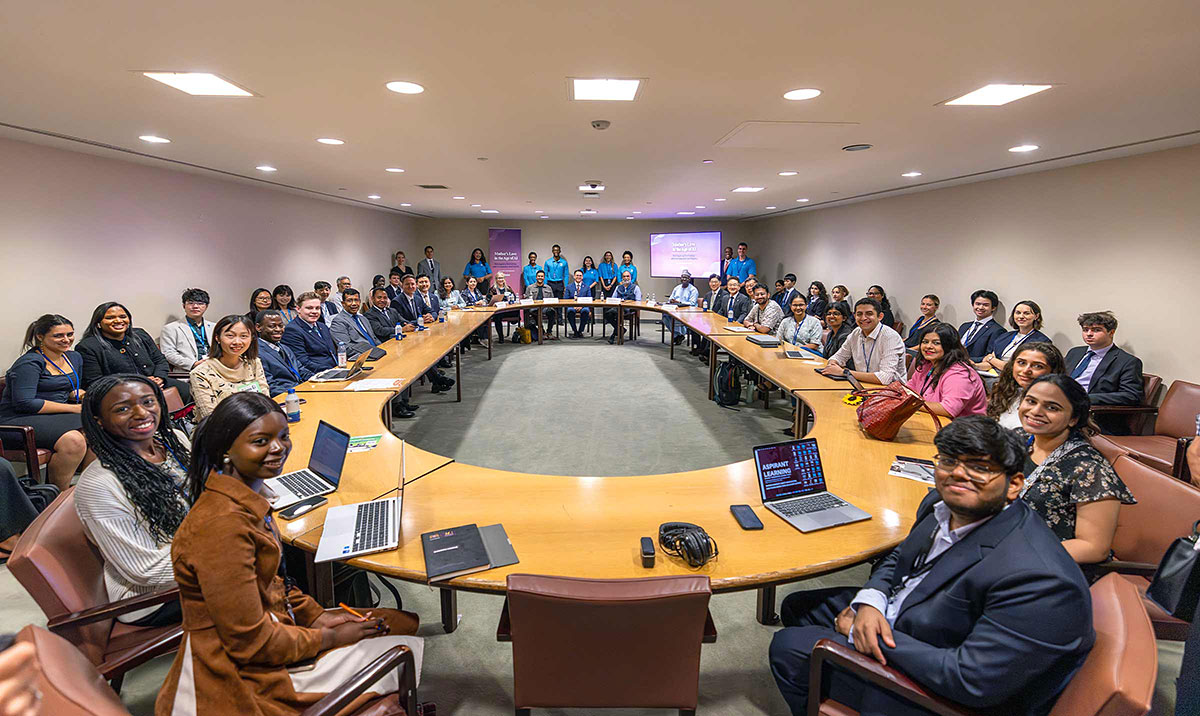ASEZ Holds Forum ‘Mother’s Love in the Age of AI’ at UN Headquarters
Highlighting the Importance of Human Dignity and Compassion in the AI Era
Korea
Artificial Intelligence (AI) continues to evolve rapidly by absorbing the history and patterns of humanity. Its advanced problem-solving capabilities have dramatically increased efficiency in sectors such as healthcare, finance, and industry. At the same time, however, AI poses the risk of producing unethical outcomes shaped by human biases and contradictions. This has raised concerns about potential discrimination and human rights violations resulting from AI.
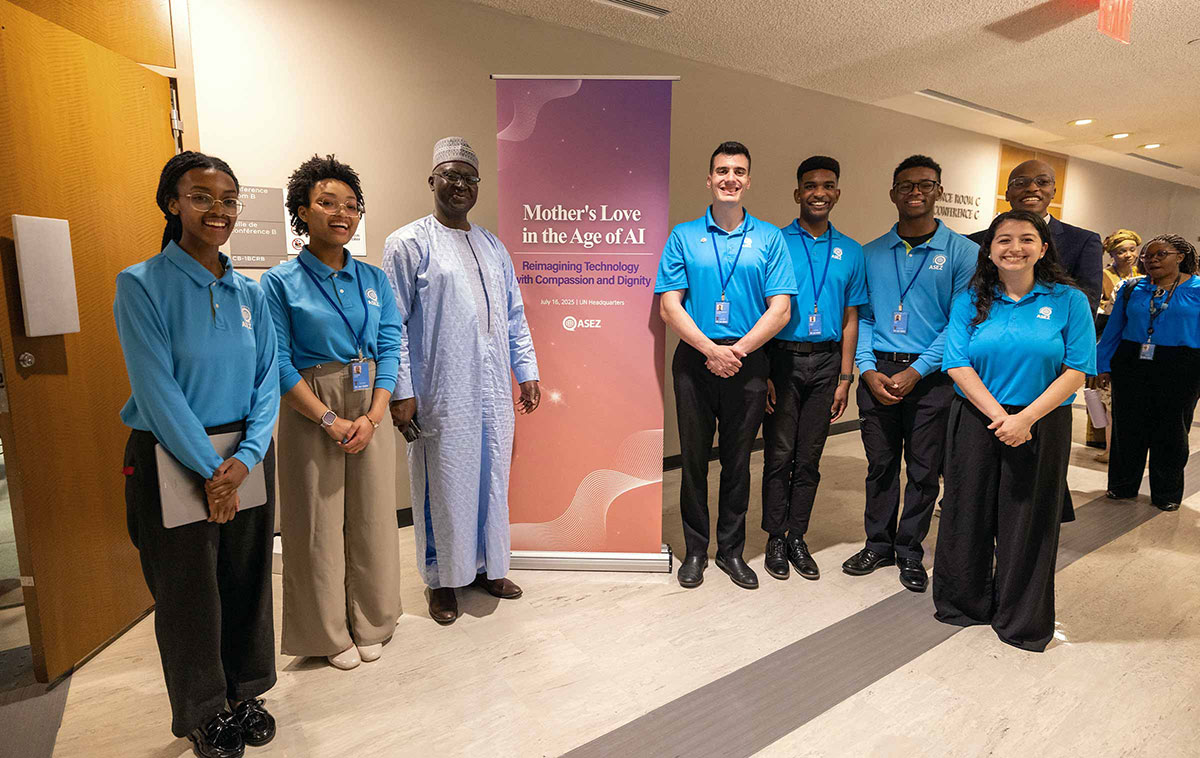
On July 16, ASEZ, the World Mission Society Church of God University Student Volunteer Group, hosted a forum at the United Nations Headquarters in New York to explore the future of AI technology. ASEZ members and experts from diverse fields shared insights and proposed creative approaches for the ethical application of AI. The event was held as an official side event of the 2025 United Nations High-Level Political Forum (HLPF) on Sustainable Development under the Major Group for Children and Youth (MGCY). It was supported by both MGCY and the World Digital Technology Academy (WDTA). More than 60 participants attended, including ASEZ members, ambassadors from various countries, senior UN officials, and professionals from the technology, business, and academic sectors.
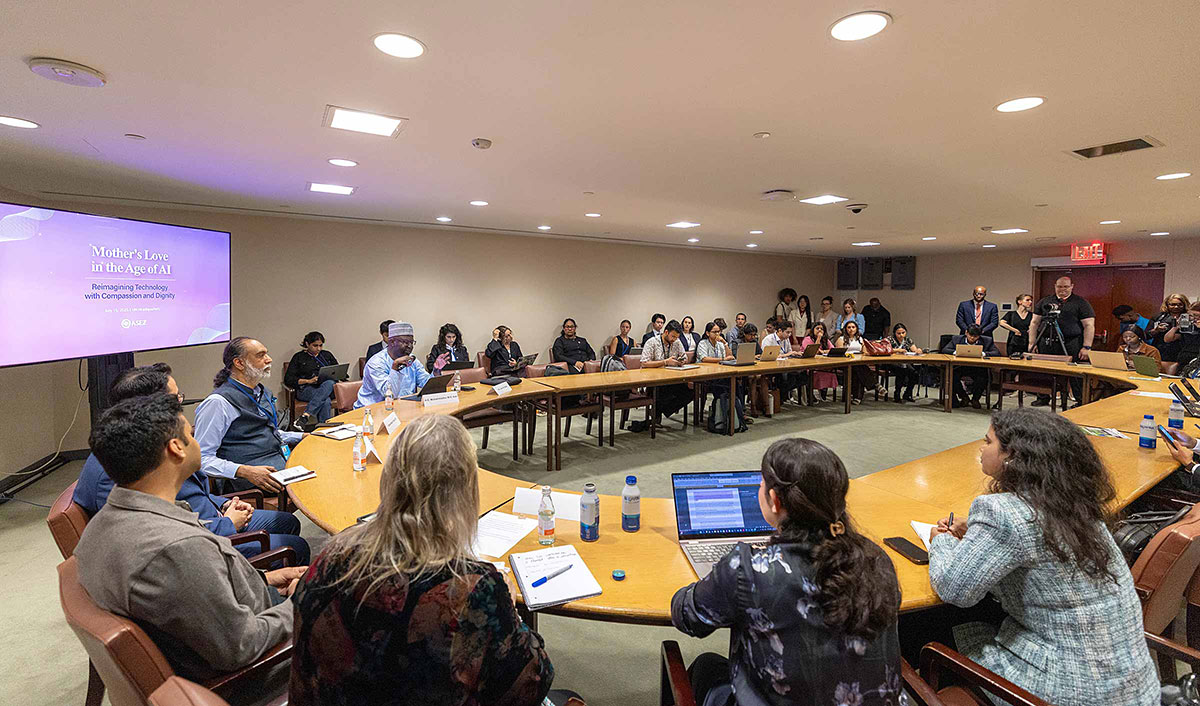
The forum was held under the theme “Mother’s Love in the Age of AI: Reimagining Technology with Compassion and Dignity.” Muhammadou M. O. Kah, the Ambassador of the Gambia to Switzerland and Permanent Representative to the United Nations, welcomed participants in his opening remarks, emphasizing the importance of compassion and care in an era when AI is reshaping the world. He stated, “When these values — most powerfully embodied in a mother’s love — are embedded in AI, they can bring positive outcomes, such as extending medical services to remote areas and ensuring new voices are reflected in policymaking.” Amandeep Singh Gill, United Nations Under-Secretary-General and Special Envoy on Technologies, delivered the keynote address. He expressed his support for the forum’s theme, remarking, “Technology and innovation bring true change to humanity when, above all, they begin with love. Our path is defined by where we place our focus.”
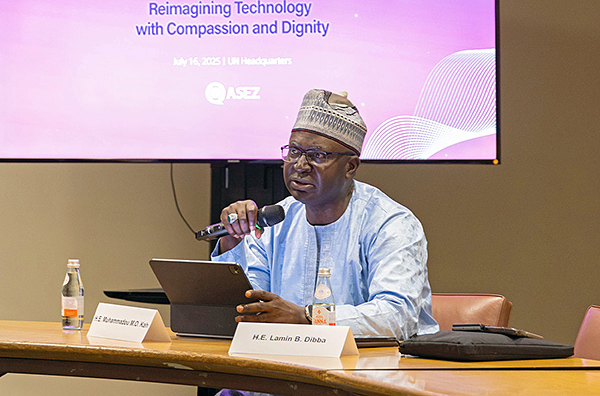
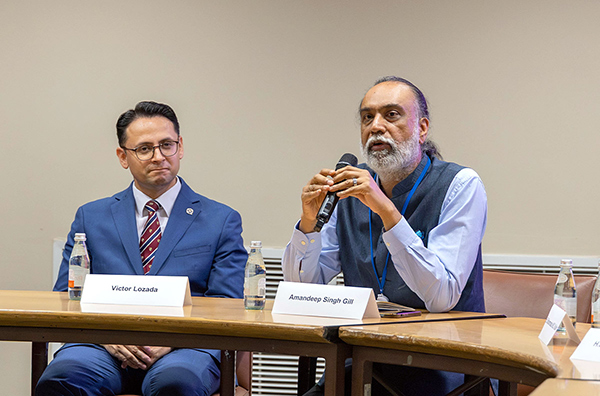
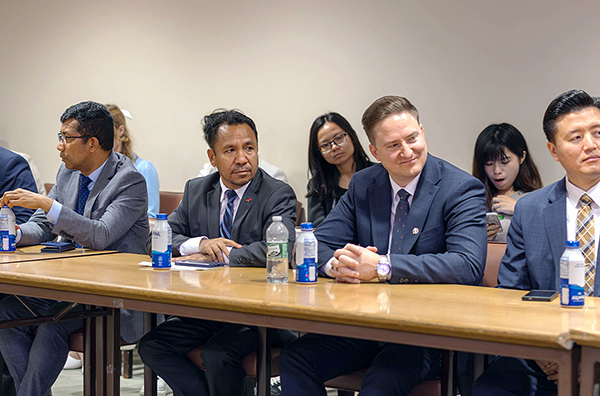
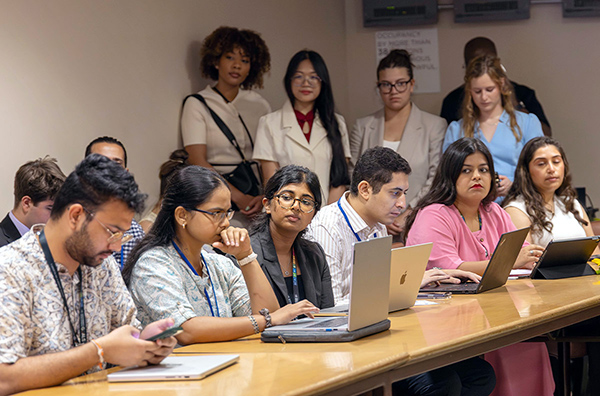
Rachel Fraser, an ASEZ member from Columbia University in the United States, remarked, “AI can only change if the humans who develop and train it change first. When approached with the understanding and care of a mother’s heart, the very nature of technology can be transformed.”
The connection between the ethical implementation of technology and a mother’s love was a central theme throughout the panel discussion. Karen Sobel Lojeski, CEO of Virtual Distance International (VDI), stated, “To apply a mother’s heart to technology, we must first understand and empathize with others’ perspectives.” Majeda Al Zaydan, a public health expert and former delegate to the 29th AFS Youth Assembly at the United Nations, highlighted the inclusive nature of a mother’s heart, noting that this mindset should serve as the foundation for AI system development. Participants agreed, “When members of society and stakeholders practice the language of love and actively engage in service, maternal values can naturally be embedded into AI.”
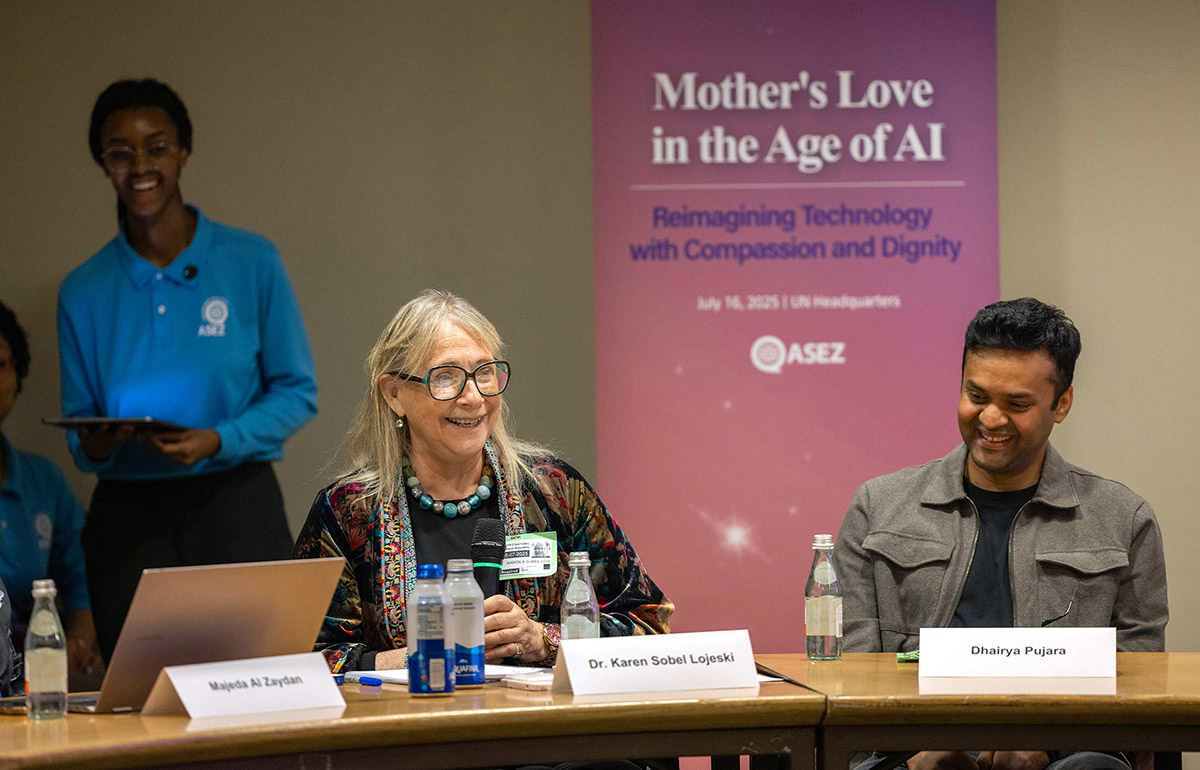
ASEZ’s initiative to explore values and chart future directions in the rapidly evolving technology environment was met with high praise. Dhairya Pujara, CEO of an AI-based startup, commented, “A mother is a source of unconditional love. No technology can fully replace that, but the effort to capture it in AI is meaningful.”
